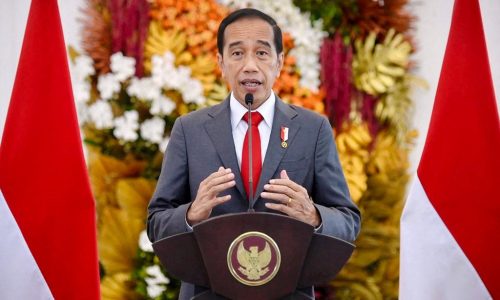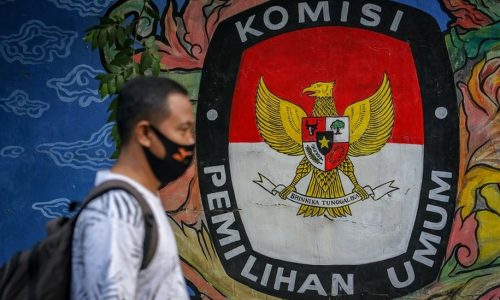Arifin Tasrif, the Minister of Energy and Mineral Resources (ESDM), has rejected the formation of a new renewable energy management agency proposed in the Draft Law on New and Renewable Energy (EBT). The proposal was put forth by the House of Representatives Commission VII on November 7-8, 2023.
The rejection is grounded in the view that the implementation of EBT policies is within the purview of the Ministry of Energy and Mineral Resources, rendering the establishment of a new agency unnecessary.
“The government proposes not to regulate the mandate for the establishment of a new special agency for renewable energy management in the EBT Bill,” stated Arifin on November 20, 2023.
The rejection is also in line with the existing Oil Palm Plantation Fund Management Agency (BPDPKS) and Environmental Management Fund Management Agency (BPDLH). Additionally, it aligns with the government’s focus on bureaucracy simplification and the directive from President Joko ‘Jokowi’ Widodo to prioritize this simplification.
“The general policy related to bureaucracy reform is completeness, which is to mention that bureaucracy simplification and institutional arrangement are part of the bureaucracy reform directed by the President of the Republic of Indonesia,” he emphasized.
Arifin underscored his position, stating that the government’s current focus is on simplifying bureaucracy. He believes that the establishment of another specialized agency would only prolong the bureaucratic process.
Furthermore, the bureaucracy simplification aims to create a more dynamic bureaucracy, speeding up the work system with simpler business processes.
“Considering the directive from the President of the Republic of Indonesia to carry out bureaucracy simplification and institutional arrangement, as well as existing regulations that have regulated the authority to implement new and renewable energy policies by the Ministry of Energy and Mineral Resources,” he added.









